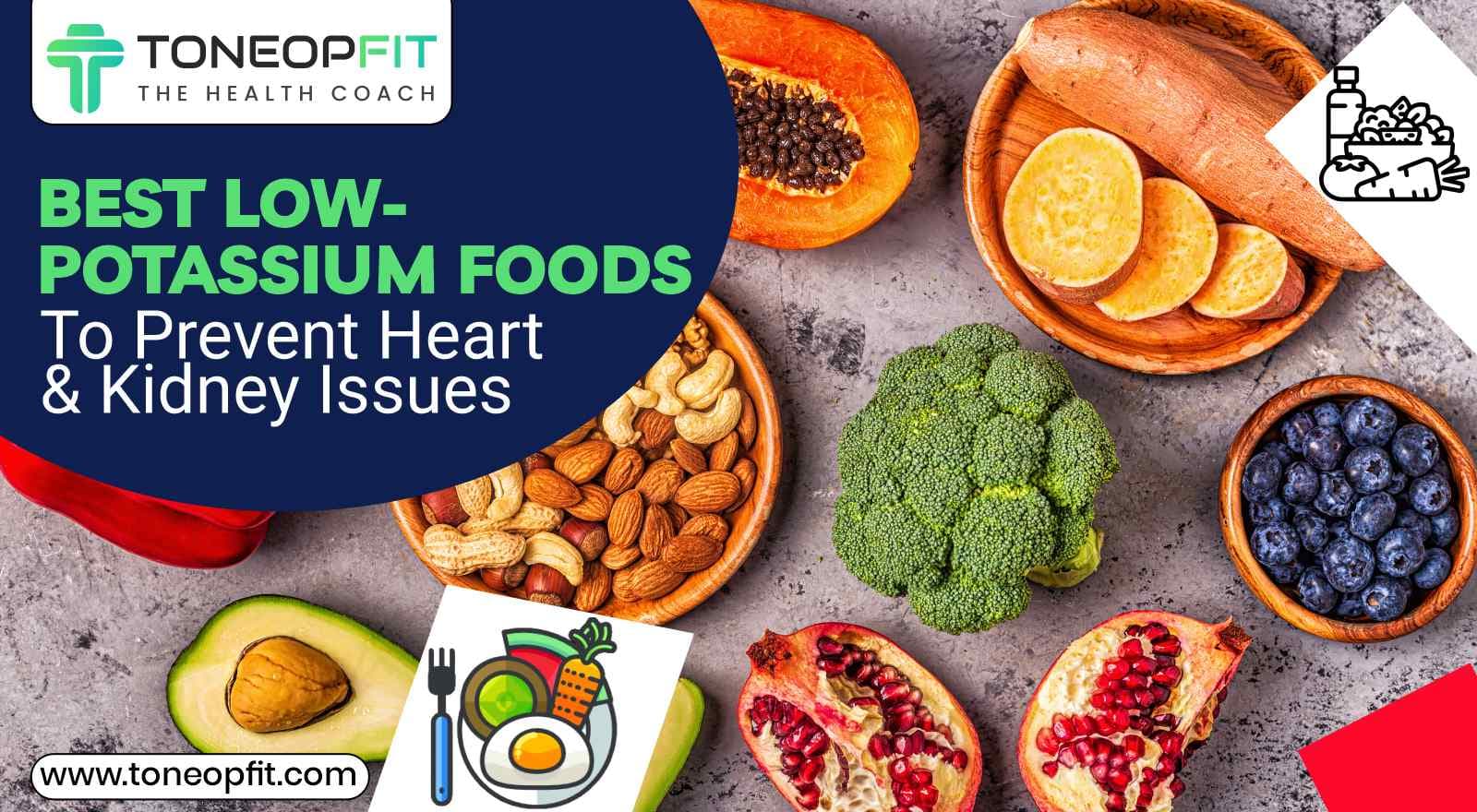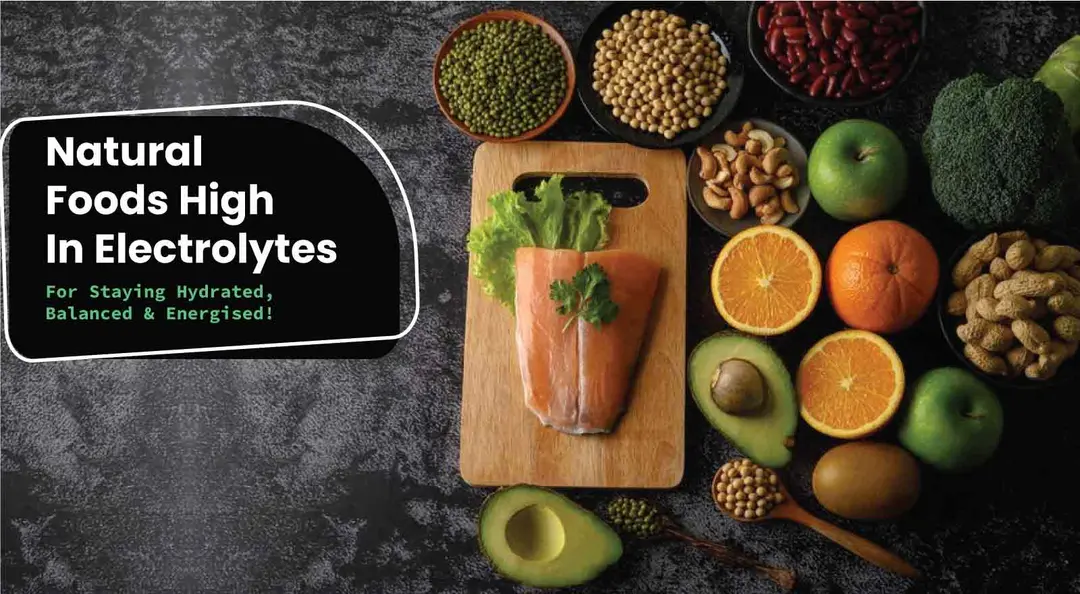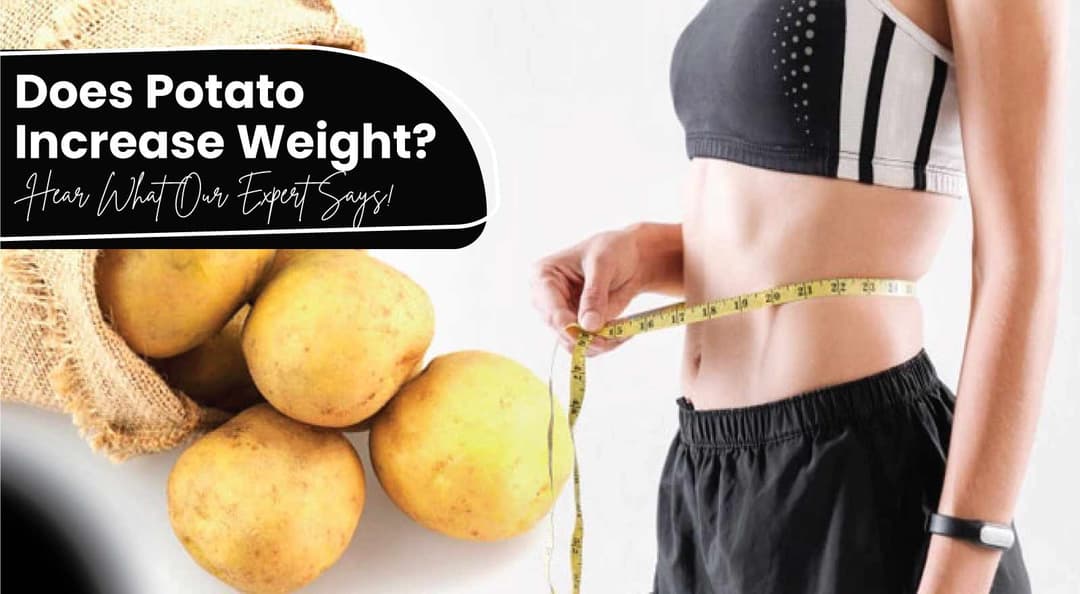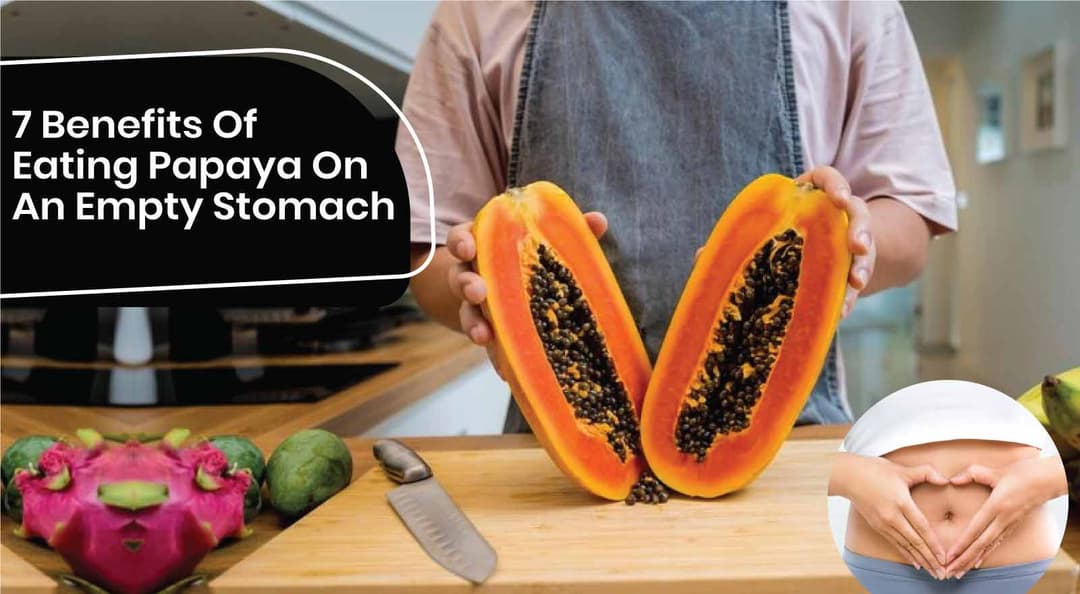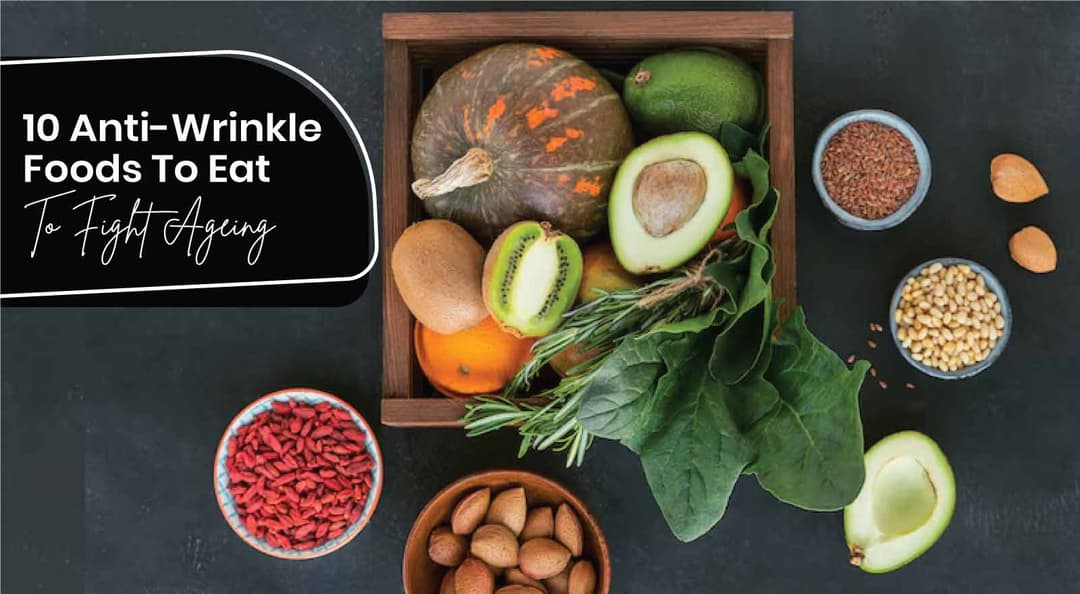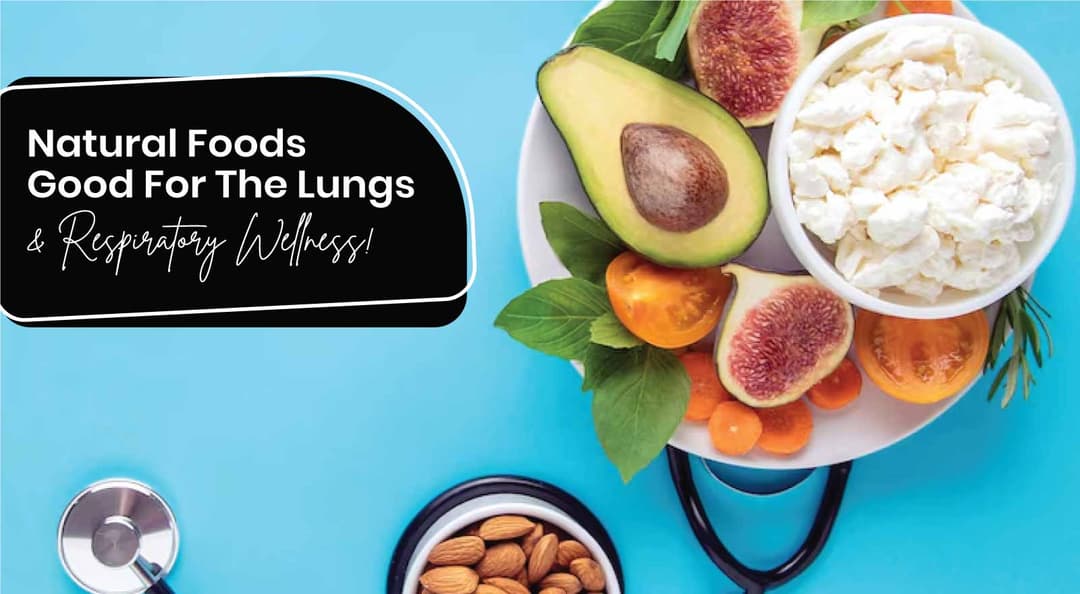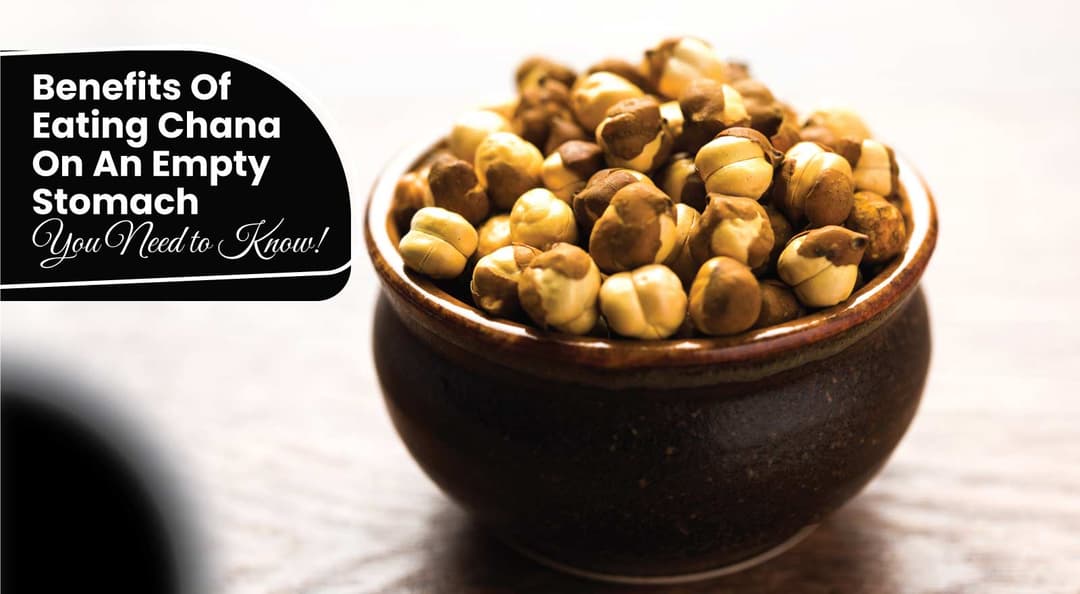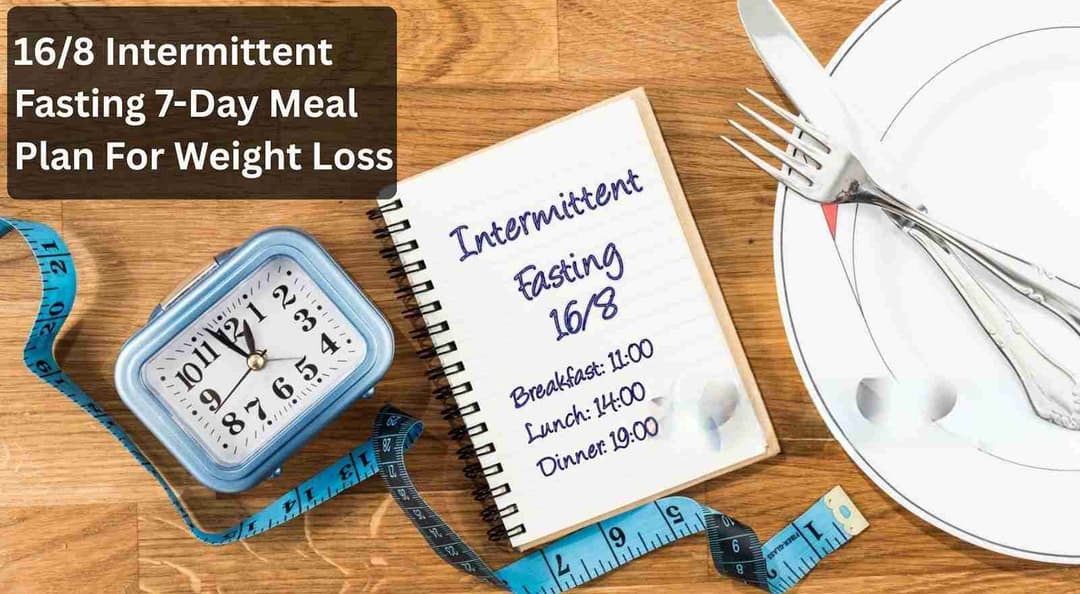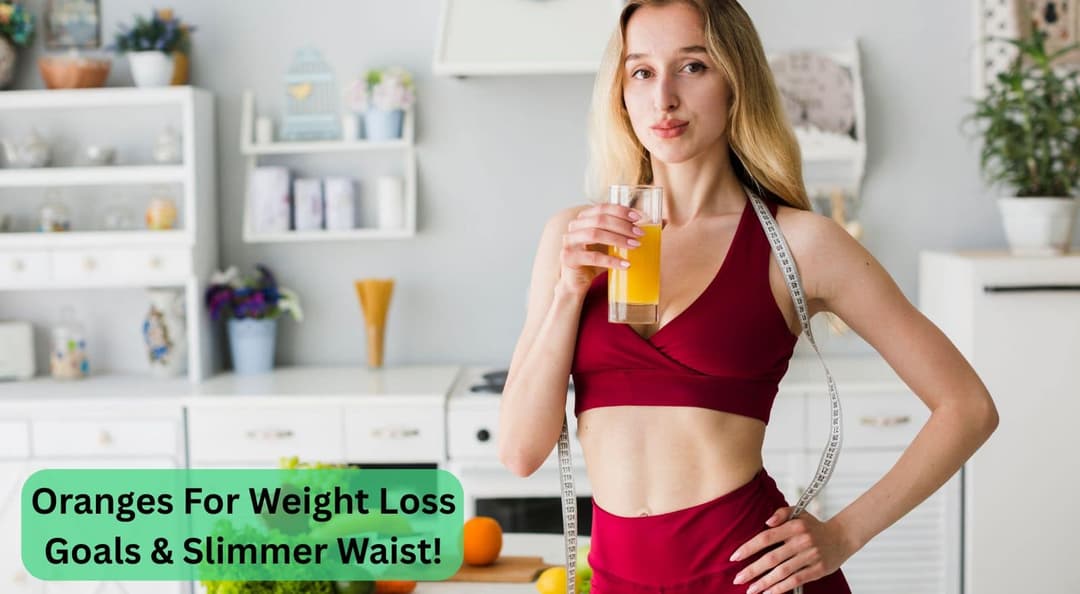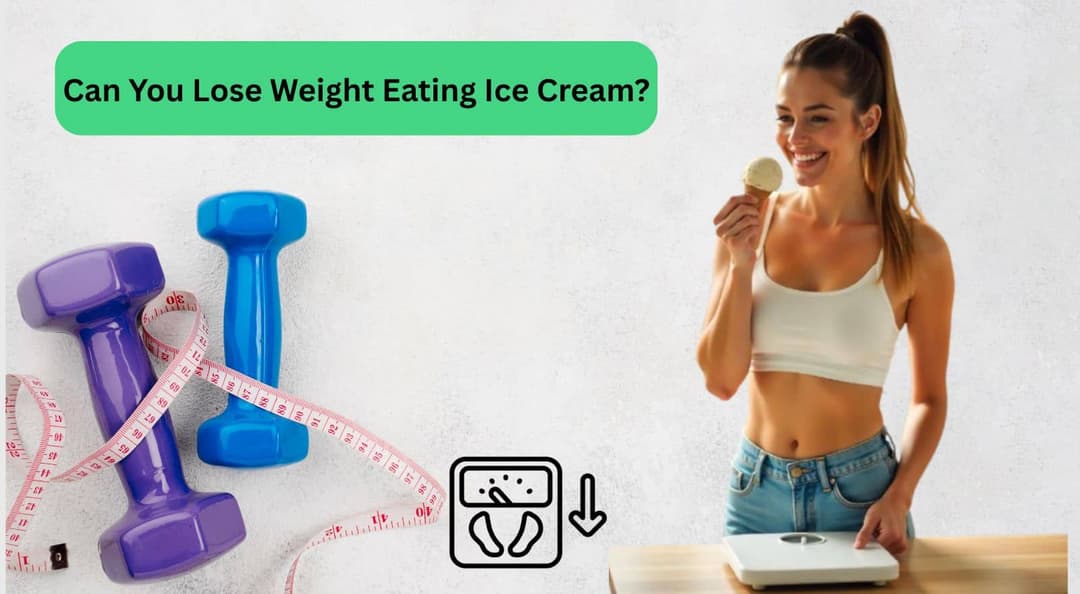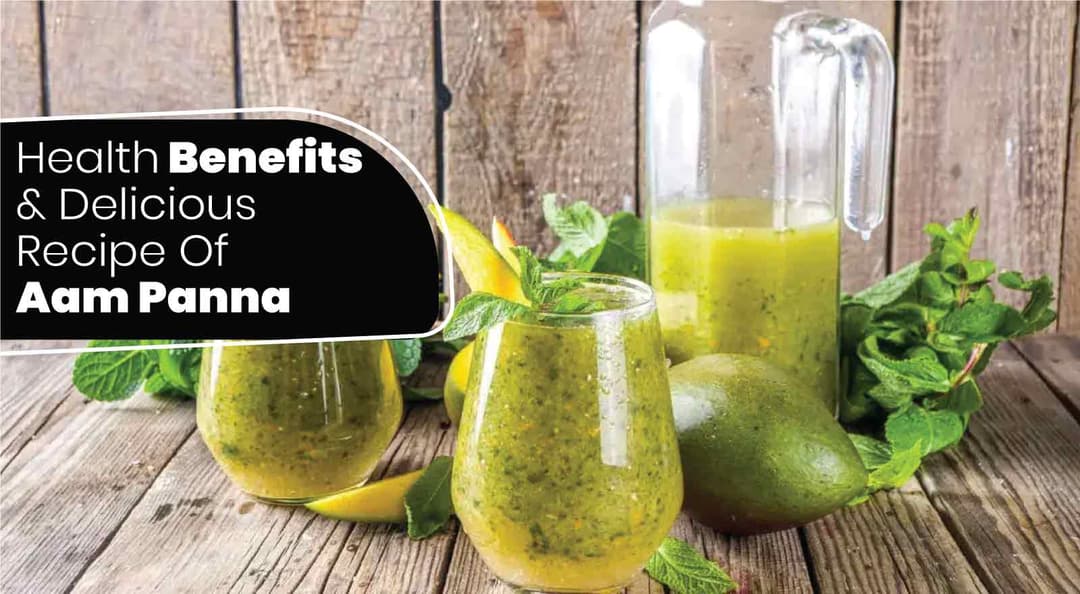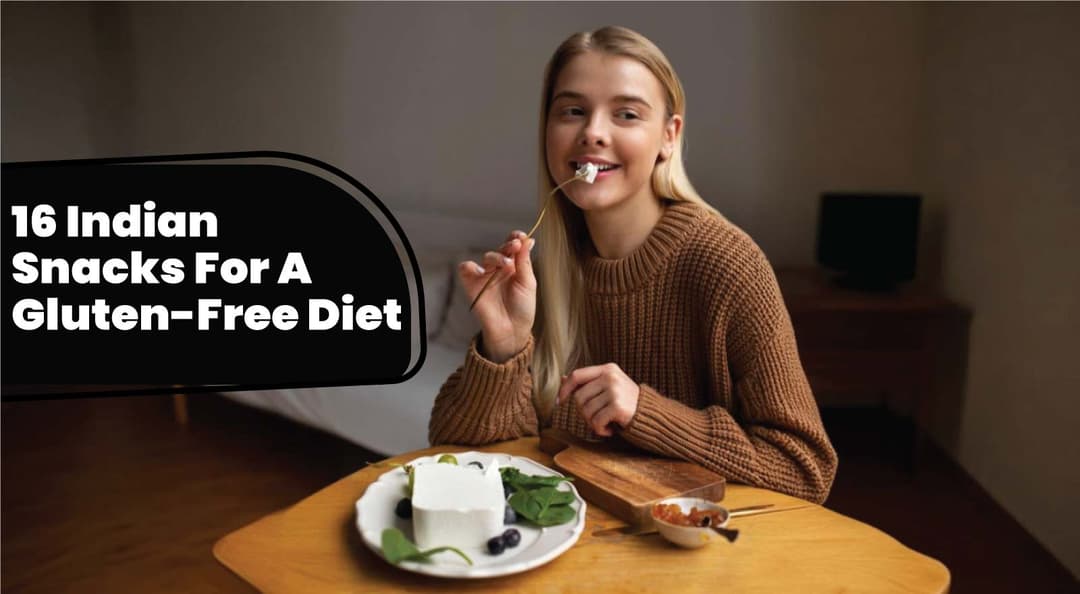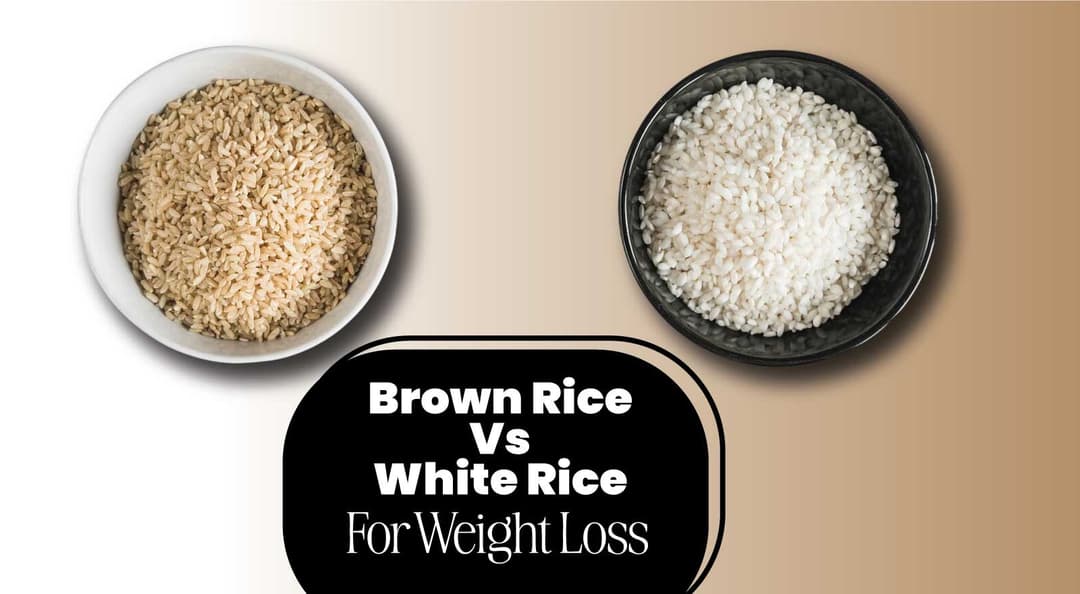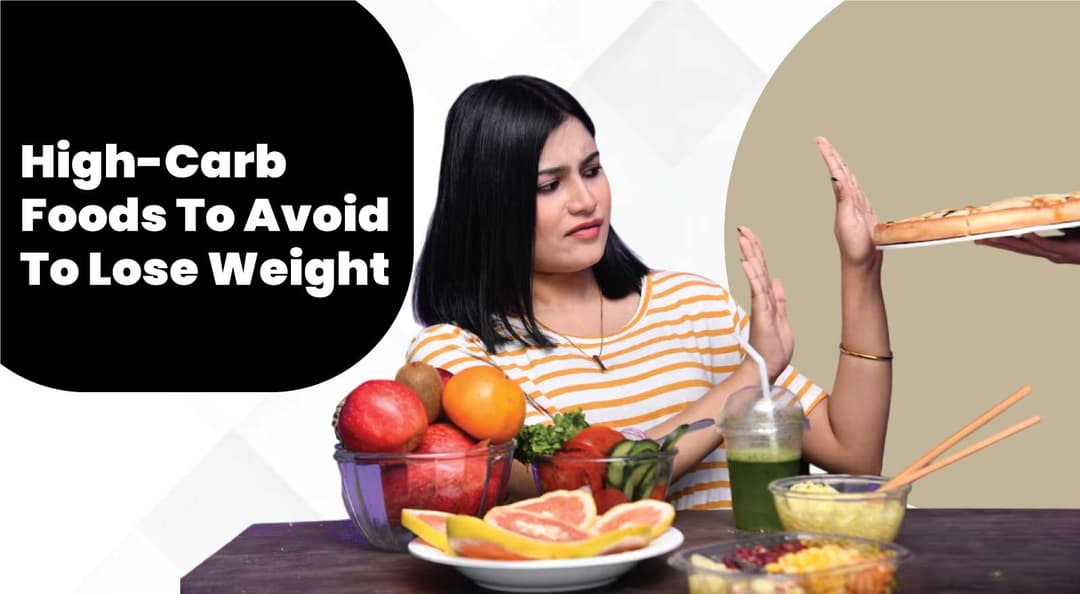Potassium is a mineral found in various foods and plays many important roles in the body, including maintaining fluid levelling, supporting muscle function, maintaining heart health, and more. So, it’s safe to associate high-potassium foods with healthy foods, and yet there are times when they can actually be harmful to one’s health. This happens when your body’s potassium levels are very high, which results in a person developing a medical condition called hyperkalemia.
But what dangers do high levels of potassium pose to a person? Well, it can lead to several symptoms like numbness, weakness, shortness of breath, chest pain, arrhythmia, and abdominal pain.
The main thing you need to do when dealing with high potassium levels is focus on your diet and reduce your potassium intake. By eating a moderated diet with foods that are low in potassium, you can manage your potassium levels and bring them back to normal or avoid them from skyrocketing.
In this blog, we’ll take a look at some low-potassium foods to help you manage your health and also see some high-potassium foods you should avoid.
Table of Contents
- Low-Potassium Foods: What To Eat On A Low-Potassium Diet?
- 7 Potassium-Rich Foods To Avoid To Prevent Hyperkalemia
- Dietitian’s Recommendation
- The Final Say
- FAQs
- References
Low-Potassium Foods: What To Eat On A Low-Potassium Diet?

If your potassium levels are too high, then diet is the best way to fix that. Restricting the amount of potassium in your food can manage your conditions and prevent other health problems.
However, you must remember that most foods contain some amount of potassium, so what you’re looking for isn’t ‘no potassium foods’ but ‘low-potassium foods’.
Here are the best healthy additions for low-potassium meals, including low-potassium fruits and vegetables:
1. Low-Potassium Fruits
Choose fruits that have around 200mg of potassium in one healthy serving. They are:
- Apples
- Grapes
- Berries (blackberry, blueberry, raspberry, strawberry)
- Peaches
- Grapefruit
- Plums
- Pears
- Tangerines
- Pineapple
- Cherry
- Cranberry
Also Read: 10 Benefits Of Eating Fruits On An Empty Stomach With 8 Choices!
2. Vegetables Low In Potassium
Similarly to fruits, you want to choose vegetables that contain nearly 200mg of potassium, such as:
- Green beans
- Peppers
- Eggplant
- Canned chestnuts
- Onion
- Snow Peas
- Rhubarb
- Radish
- Asparagus
- Cauliflower
- Cucumbers
- Maise
- Cabbage
- Zucchini
- Carrots (cooked)
2. Grains
Here are some grain options that are low in potassium. However, be mindful of the serving size, as that can increase overall potassium intake.
- White rice
- Pasta
- Tortilla
- Barley
- Oats
- Buckwheat
- Millet
- Rice noodles
- Popcorn
Also Read: Murmura: Health Benefits & Side Effects Of Eating Puffed Rice
3. Protein
Most protein sources come with a high potassium content, but some lean protein options are also low in potassium. Low potassium protein sources are:
- Eggs
- Chicken breast
- Turkey breast
- Non-fatty fish (haddock, cod, pollock)
- Tofu
- Shrimp
- Tempeh
4. Sweets
Most desserts are high in potassium, but we all need a little sweet treat sometimes. When looking for sweets, try to avoid those that contain bananas, chocolate or nuts. Here are some low-potassium sweet options that you can enjoy:
- Biscuits without nuts or chocolate
- Marshmallows
- Jelly (gelatin)
- Rice pudding
- Sorbet
- Custard
- Cakes without fruit or chocolate
- Honey
- Maple syrup
Also Read: Shed Pounds Guilt-Free: 10 Healthy Sweets And Desserts For Weight Loss
5. Beverages
While water is the best beverage for hydration, we recognise that many people struggle to drink the necessary amount daily. This can lead to dehydration, elevated potassium levels, and potentially hyperkalemia. However, by having a variety of different beverages in your hydration routine, you can stay on track and maintain optimal hydration levels. So, here are some low-potassium beverages to keep you hydrated:
- Low-sodium clear broth
- Apple juice
- Cranberry juice (unsweetened)
- Lemonade
- Unsweetened tea without milk
- Black coffee
- Almond milk (unsweetened)
Also Read: Ginger Tea for Acidity: Discover the Benefits and Simple Recipe To Relieve Acid Reflux
7 Potassium-Rich Foods To Avoid To Prevent Hyperkalemia
Now that you know what you should eat, let’s also take a look at what you should not:
1. Bananas
Bananas are one of the most popular and accessible fruits in the world, but they also have one of the highest potassium levels. One medium-sized banana typically contains 400-450 mg of potassium. Instead, pick from the fruits we’ve shared above.
2. Avocado
The fruit that gained so much popularity for its many benefits and healthy fats, avocado contain a high amount of potassium and should be avoided if your potassium levels are high. A medium-sized avocado contains 700 to 900 mg of potassium.
3. Raisins
Raisins are often offered as healthy snacks, but in fact, they pack a lot of sugar, calories and potassium. A small serving of raising (1/4 cup or 40 grams) contains approximately 270-300 mg of potassium.
4. Spinach
Though a really healthy leafy green, Spinach is a high-potassium food that people with kidney problems or high potassium levels should avoid. One cup of cooked spinach (180 grams) contains approximately 800-840 mg of potassium. However, a cup of uncooked spinach contains much less potassium, around 150-200 mg.
5. Brussels Sprouts
Brussels sprouts are a member of the Brassica family, and they also include broccoli, cabbage, and kale. Like other members of this family, Brussels sprouts contain high potassium levels. One cup of cooked Brussels sprouts (about 156 grams) contains approximately 500-550 mg of potassium.
6. Milk
If you’re used to a nightly cup of warm milk but are also struggling with high potassium levels, it might be time to switch to a different drink. One cup of milk can contain up to 500 mg of potassium.
7. Lentils
Lentils make up a major part of an Indian diet. However, it may not be so healthy for people with kidney disease and high potassium levels. One cup of cooked lentils has about 350-400 mg of potassium.
Also Read: 14 Foods That Purify Blood! Improve Your Health With Simple Dietary Additions
Dietitian’s Recommendation
A low-potassium diet can help you manage hyperkalemia, but even when you’re eating low-potassium foods, it’s important to moderate the portions. As an expert, I suggest boiling vegetables in water (instead of steaming or roasting) to further reduce their potassium levels.
Dt. Lavina Chauhan
The Final Say
Eating low-potassium foods can help keep your heart and kidneys healthy, especially if you have hyperkalemia and need to control your potassium levels. Choosing fruits, veggies, and proteins that are lower in potassium can prevent complications and support overall well-being.
At the same time, avoiding high-potassium foods like bananas, potatoes, and spinach can make a big difference. A balanced diet with the right choices will keep your body strong and functioning smoothly.
FAQs
1. How much potassium do you need?
Potassium is an essential and daily requirement for our bodies to maintain good health. The recommended amount or daily value (DV) for most adults is 4700 mg of potassium per day.
2. What quickly reduces potassium?
You cannot instantly reduce potassium levels with foods. For that, you would need medications like calcium gluconate, sodium bicarbonate, insulin with glucose, and diuretics.
3. What are some low-potassium fruits and vegetables?
Low-potassium fruits and vegetables include apples, berries, grapes, carrots, cucumbers, peaches, plums, zucchini, and bell peppers.
4. Which foods do not have potassium?
While most foods contain some potassium, refined grains like white rice, rice cakes, and white bread are very low in potassium. Other options include honey, sugar, and certain oils like olive oil, which contain minimal to no potassium.
References
- https://www.webmd.com/food-recipes/low-potassium-diet-foods
- https://www.medicalnewstoday.com/articles/low-potassium-foods#leaching-potassium
- https://www.carehospitals.com/hi/blog-detail/potassium-rich-foods/
- https://www.freseniuskidneycare.com/thrive-central/about-low-potassium-foods
- https://www.verywellhealth.com/diet-for-managing-hyperkalemia-4138591
- https://www.maxlab.co.in/diet-plan/high-potassium-foods-to-avoid
- https://www.medicalnewstoday.com/articles/321750
About ToneOp Fit
ToneOp Fit is a platform dedicated to improving and maintaining good health through a comprehensive range of goal-oriented health plans with up to 3 Coach support. With a range of Weight Management, Medical Condition, Detox Plans, and Face Yoga Plans, the app also provides premium health trackers, recipes and health content. Get customised diet, fitness, naturopathy & yoga plans and transform yourself with ToneOp.












